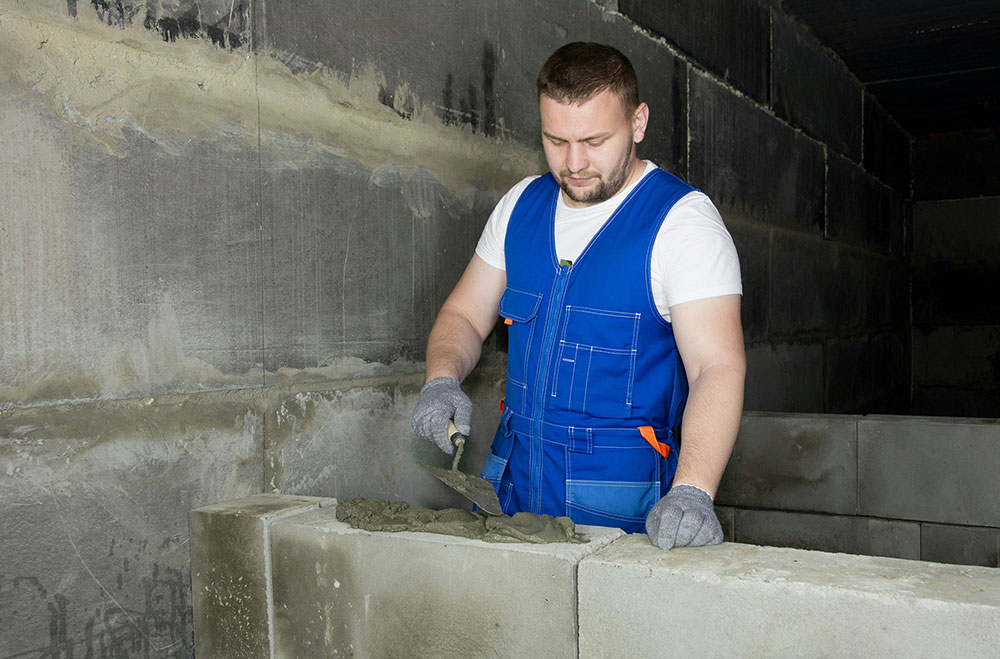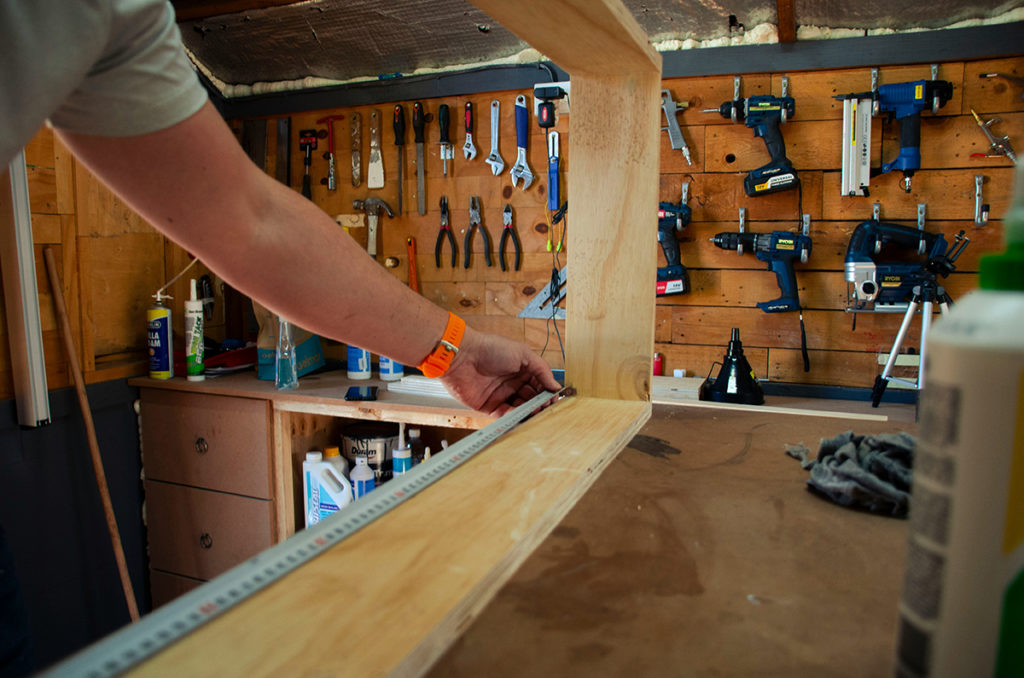SME construction firms to be the most affected by proposals to reign in immigration as they will struggle to pay higher visa sponsorship costs.
- Skills level threshold raised to degree level equivalent
- Immigration skills charge increased by 32%
- Basic salary threshold for new immigrants to increase significantly
SME builders are expected to be hit the hardest by government proposals to control immigration by reforms to the skilled workers visa set out in a white paper released earlier this week.
The new measures include raising the skills level to degree equivalent, increasing the salary threshold and the immigration skills charge by 32 per cent.
The National Federation of Builders, NFB, chief Executive Richard Beresford said: “If we want to build 1.5 million homes, retrofit 20 million homes, fix the grid, build roads, rail, and renewables, we need a skilled workforce to do it.”
He said the UK did not have enough construction workers to achieve the government’s target and that this would get worse over the next two years as many would retire from the sector.
Immigration law firm Fragomen has raised concerns SMEs, particularly those in construction, would be badly affected because they rely heavily on foreign workers across a wide range of skills.
Partner Lousie Haycock told pbctoday: “Construction businesses require skills across a panoply of levels – and there are concerns as to whether the new system’s exceptions will be adequately calibrated and sensitive to this.”
SMEs need a secure pipeline of work to invest in apprentices
Research by housebuilder Redrow in 2019 showed 73 per cent of construction SMEs employed apprentices. However, the NFB has warned that this figure will have decreased due to dwindling pipelines of new work for SMEs.
NFB policy and market insight head Rico Wojtulewicz said: “With most operating hand to mouth, they cannot afford an apprentice. Things are so bad that many cannot even afford to retain existing stuff, let alone afford an apprentice.”
The trade body has been lobbying for a reformed planning system speeding up the time it takes to approve an application and for local councils to include small sites lists in their local plans.
“If they had work pipelines, they would be able to train as they did in the 1980s, when SMEs built 40% of homes and we trained more bricklayers and carpenters than all construction apprentices today,” said Mr Wojtulewicz.
Brokers Hank Zarihs Associates said that development finance lenders wanted a faster and more efficient planning system to enable more SME housebuilders to stay in business.
A Home Office spokesperson said the government would liaise with key sectors such as construction to develop workforce strategies based on labour market evidence. This would shape how future training is developed to increase domestic labour participation.
Currently there is a shortage of bricklayers, carpenters and plasters with the UK construction industry reliant on hiring foreign workers to plug the skills gap.
The white paper is proposing a temporary list of occupations where there is a shortage and where the skills requirement for entry into the UK would be lower than degree level.
Office for National Statistics estimates that net migration was 728,000 in the year to June 2024, a 20 per cent drop from the 906,000 recorded for the year to June 2023.
LinkedIn Question: How concerned are you that tougher requirements for the skilled workers visa will affect housebuilding delivery?












